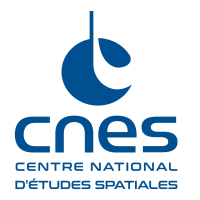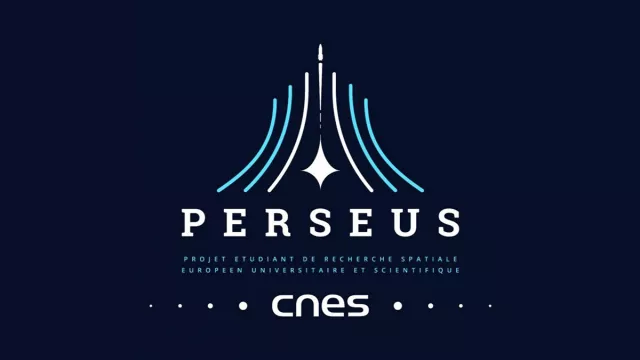The PERSEUS student space research programme is a forward-looking initiative of CNES’s Space Transportation Directorate (DTS). In a landscape defined by disruptive innovation, the agency’s main objective driving France’s space ambitions is through PERSEUS to spark new generations’ interest in careers and entrepreneurship in the space sector, by giving them a taste of a future of discoveries, science and technologies, while also getting them to think about the ever more vital societal, economic, strategic and political dimensions of space.
Key information
| Mission | Give students hands-on experience working with experimental launchers |
|---|---|
| Domain | Space transportation |
| Launch date | June 2005 |
| Partners | ArianeGroup, universities, engineering schools, industry, associations, Planete Sciences |
| Where | Universities, engineering schools, manufacturers |
| Lifetime | Indefinite |
| Status | In progress |
Key figures
- 350+ students involved
- 41 universities, engineering schools, manufacturers, laboratories and associations involved
- 7 projects supported
- 7 research and development fields
Key milestones
- July 2024: Participation in C’Space annual gathering for student space projects
- June 2005: Programme kicks off at Paris Air Show, Le Bourget
Project in brief
The PERSEUS programme’s main goals are to:
- Motivate students to take up careers in space transportation
- Encourage and support entrepreneurs in the field of space transportation
- Nurture innovations and develop promising technologies for space transportation systems conceived by students at university or through associations
- Help CNES to reach out and communicate about what it is doing
Launched in June 2005 at the Paris Air Show, PERSEUS is underpinned by educational and industrial projects pursued by many teams of students, under the supervision of their teachers, from a diverse range of engineering schools, technology institutes and non-profit associations. The programme is coordinated, led and overseen by the PERSEUS Platform, managed by CNES with distinguished experts and association members conducting projects. This Platform is today based at CNES’s Head Office in Châtelet-Les Halles, Paris.
To make it easier to accommodate student projects, PERSEUS follows the school calendar and organizes two key events during the year: a seminar in winter and launch campaigns in France or Sweden.
The ambitious ground and flight demonstrators operated by universities, engineering schools and the motivated and enthusiastic young members of student aerospace associations—like Scube at the ISAE aeronautics and space institute, ISS at the IPSA aerospace engineering school, CLC at the Ecole Centrale de Lyon, Saturn at Rennes-1 University and ESO at the ESTACA aeronautical and automotive engineering school—tie in with CNES’s space transportation strategy. Aligned with the agency’s roadmap, such projects seek to reflect societal concerns and in particular sustainable development. By sharing their knowledge and experience, CNES and PERSEUS are supporting students and helping them to take action for change.
Like operational space transportation systems, demonstrators developed through PERSEUS focus on and feature the same topics and disciplines, including propulsion, structures and materials, avionics, guidance, navigation and control (GNC), ground segments and systems engineering.
These system demonstrators are tested on the ground and in flight, good examples being the SERA experimental rockets launched from Kiruna, Sweden, Mini-Apterros seeking to advance reusability, ARES in partnership with students in French Guiana, and in the near future Astreos and its Minerva bi-propellant engine.
In the medium to long term, through incremental evolutions and functionalities developed and implemented by students in their bi-propellant rockets, the PERSEUS programme’s ambition will be to meet the Dream-On challenge to launch a reusable bi-propellant (LOX/CH4) rocket to an altitude of five kilometres with a view to conceiving an environmentally friendly space transportation system.
CNES’s role
The PERSEUS student space research programme is a forward-looking initiative of CNES’s Space Transportation Directorate (DTS) to consolidate ties between universities, schools, student associations and the agency.
It involves some 350 students working to develop innovative technology solutions for launch systems, based on ground and flight demonstrators.
Go to the PERSEUS project website
Contacts
Project Leader
David Tchoukien
E-mail: david.tchoukien at cnes.fr
Project Administrator
Marie-Sophie Lachesnais
E-mail: marie-sophie.lachesnais at cnes.fr
Perseus Project Address
CentraleSupélec - Bâtiment Eiffel - Université Paris-Saclay
8 Rue Joliot Curie, 91190 Gif-sur-Yvette, France


